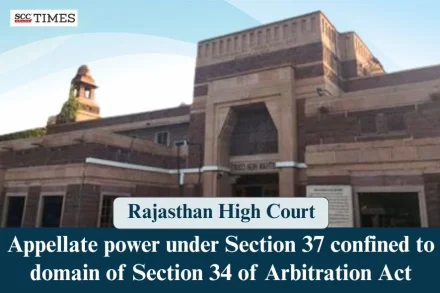
Rajasthan High Court: Appellate power under Section 37 confined to domain of Section 34 of Arbitration Act
“The scope of the intervention of the court in arbitral matters is virtually prohibited, if not absolutely barred.”

“The scope of the intervention of the court in arbitral matters is virtually prohibited, if not absolutely barred.”

The plaintiff averred that the design and the colour scheme appearing on the packaging of the plaintiff’s products are also unique in nature and constitute an artistic work that has been created with great care and precision and exhibiting an originality in creation of the same.

While rejecting the defendants’ application under Order VII Rule 10 of the CPC, the Civil Judge cited 2 non-existent Supreme Court rulings to back his decision.
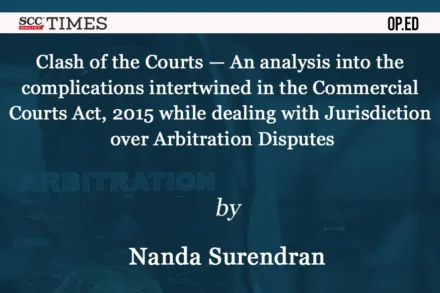
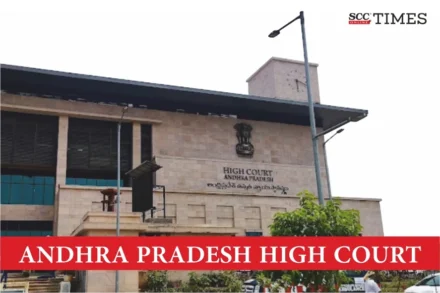
This will not mean that the appellant cannot prefer a fresh appeal to the commercial court, Visakhapatnam or such Court which has the jurisdiction.

In the instant appeal, the Court had to consider the interplay of Sections 9 and 37 of the A&C Act; Section 13 of the Commercial Courts Act, 2015 and Rule 9 of High Court of Karnataka Arbitration (Proceedings before the Courts) Rules, 2001.

The Court is empowered to permit release of such percentage of amount under Section 19 of the MSME Act, 2006, deposited to the supplier as it considers reasonable under the circumstances of the case, subject to such condition as it deems necessary to impose.

The non-disclosure of the petition under Section 9 of the A&C Act in another matter cannot be termed as a case of egregious fraud, which would disentitle the appellant from pursuing its petition under Section 9 of the A&C Act
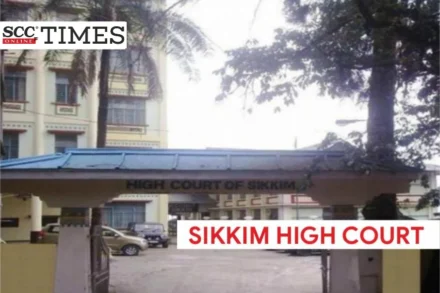
The Court noted that the appellant had accepted the award of all other claims except the one disputed, therefore they could not seek the setting aside of only the disputed claims as it would amount to seeking modification of the Award.

“Where the plaint is returned under Order VII Rule 10 of the Civil Procedure Code, 1908, on its presentation before the appropriate Court of jurisdiction, the suit will be treated as a fresh suit, and will have to start de novo, and all proceedings before the earlier Court will be rendered a nullity.”

The grievance of Patanjali Ayurved is that a video has been uploaded by respondent on the internet platforms owned by Meta Inc. having an advertisement of mens undergarments, wherein Patanjali’s trademark along with pictures of its brand ambassadors and directors are shown used unauthorizedly.
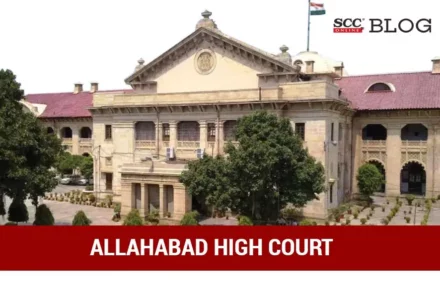
“Section 34 confers power on the court to set aside an award, the power could be exercised to set aside any or all such awards, whether composite, interim, final or additional”
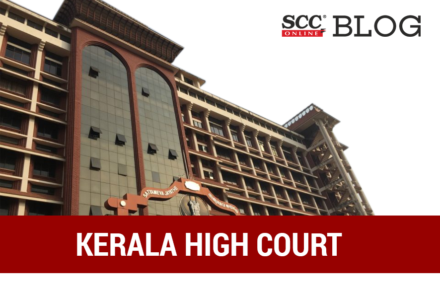
Referring to the amended portion of Commercial Courts Act, 2015 with Supreme Court’s interpretation, Kerala High Court found the Commercial Court’s refusal for acceptance after delay in filing written statement beyond 120 days justified.
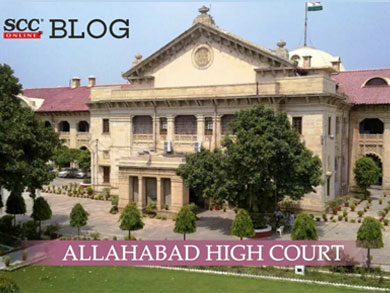
Fraud, as an exception to the rule of non-interference with encashment of bank guarantees, is not any fraud, but a fraud of an egregious nature, going to the root i.e., to the foundation of the bank guarantee and an established fraud. The entire case of the respondent fails to qualify for this.
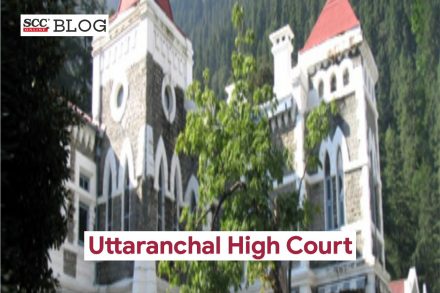
Uttaranchal High Court: The Division Bench of Sanjaya Kumar Mishra and Ramesh Chandra Khulbe, JJ. allowed appeals filed by the
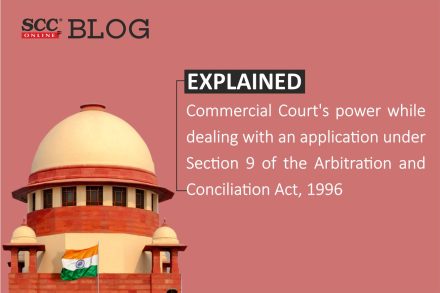
Supreme Court: The bench of MR Shah* and Krishna Murari, JJ has explained the scope of powers of a Commercial Court while
Rajasthan High Court: Ashok Kumar Gaur, J. found that the writ petition by the petitioner lacks merit and dismissed it
Delhi High Court: Amit Bansal, J., expressed that Just because the photograph of the summons were sent by the plaintiff to the
Delhi High Court: Amit Bansal, J., decided under whether the High Court under Article 227 of the Constitution of India can interfere
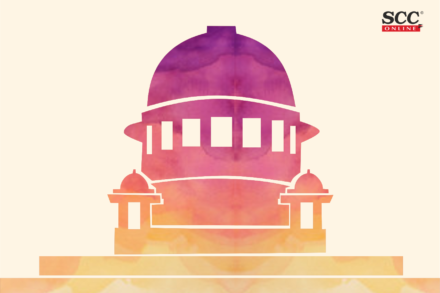
Supreme Court: A Division Bench comprising of Indira Banerjee and J.K. Maheshwari, JJ. held that once an Arbitral Tribunal is constituted, the